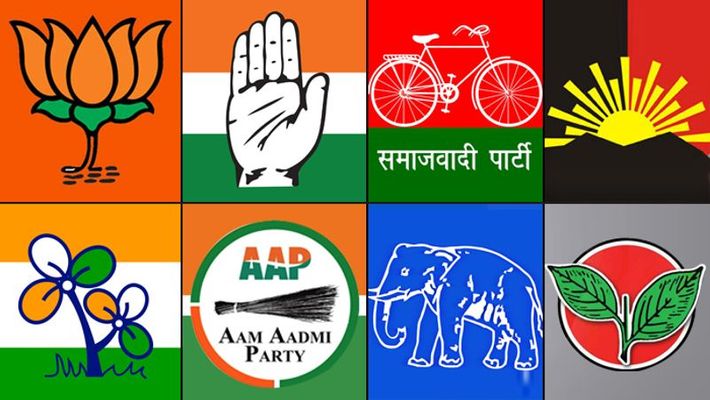Lok Sabha Elections: In the realm of Indian politics, the party manifesto plays a pivotal role in shaping electoral outcomes and influencing voter decisions. Let’s delve into why these documents hold such paramount importance and assess the extent to which major political entities like the Congress and the BJP have fulfilled their promises.
Understanding the Importance of Party Manifestos
Party manifestos serve as comprehensive blueprints outlining the vision, policies, and commitments of political parties vying for power. These documents are crafted meticulously to resonate with the electorate, addressing their concerns and aspirations while articulating the party’s agenda for governance. From economic reforms to social welfare schemes, manifestos encapsulate a party’s promises and priorities, essentially serving as a contract between the party and the electorate.
The Role of Manifestos in Voter Decision-Making
In a democratic setup like India, where elections are fiercely contested, manifestos play a crucial role in swaying voter sentiment. They provide voters with insights into a party’s ideological stance, policy proposals, and plans for addressing pressing issues. By scrutinizing these documents, voters can evaluate the feasibility and sincerity of a party’s promises, enabling them to make informed choices at the ballot box. Thus, manifestos serve as a yardstick against which parties are held accountable for their performance post-election.
Analyzing the Fulfillment of Manifesto Promises
Now, let’s turn our attention to the performance of two prominent political entities in India – the Indian National Congress (INC) and the Bharatiya Janata Party (BJP) – concerning the implementation of their manifesto pledges.
Congress Manifesto Implementation
The Congress party, a stalwart in Indian politics, has historically placed emphasis on inclusive growth and social welfare. In its manifestos, the party often highlights its commitment to alleviating poverty, promoting education, and fostering economic development. However, the extent to which these promises have been realized remains subject to scrutiny.
Over the years, the Congress has initiated various welfare schemes and developmental projects aimed at uplifting marginalized sections of society. Initiatives such as the Mahatma Gandhi National Rural Employment Guarantee Act (MGNREGA) and the National Food Security Act (NFSA) reflect the party’s endeavor to address poverty and hunger. Additionally, the implementation of educational reforms and healthcare initiatives underscores its commitment to human development.
However, critics argue that the Congress has faltered in delivering on several fronts, citing instances of corruption and administrative inefficiencies. Despite its earnest efforts, the party’s governance record has been marred by controversies and policy paralysis, casting doubts on its ability to fulfill manifesto promises effectively.
BJP’s Manifesto Realization
In contrast, the Bharatiya Janata Party (BJP), under the leadership of Prime Minister Narendra Modi, has emerged as a formidable force in Indian politics, advocating for a blend of nationalism and development. The party’s manifestos reflect its commitment to economic reforms, infrastructure development, and national security.
Since assuming power at the center in 2014, the BJP has embarked on ambitious initiatives such as “Make in India” and “Digital India,” aimed at fostering entrepreneurship and modernizing the economy. Moreover, the implementation of flagship schemes like the Goods and Services Tax (GST) and the Pradhan Mantri Jan Dhan Yojana (PMJDY) underscores the party’s focus on economic transformation and financial inclusion.
Furthermore, the BJP’s emphasis on bolstering national security and combating terrorism has garnered widespread support among the electorate. Measures such as surgical strikes against militant outfits and initiatives to strengthen border security resonate with the party’s manifesto commitments, reinforcing its image as a stalwart guardian of national interests.
However, detractors accuse the BJP of pursuing divisive policies and undermining democratic institutions, raising concerns about the erosion of civil liberties and religious harmony. Despite its notable achievements, the party faces scrutiny over its handling of socio-political issues and its commitment to upholding constitutional values.




